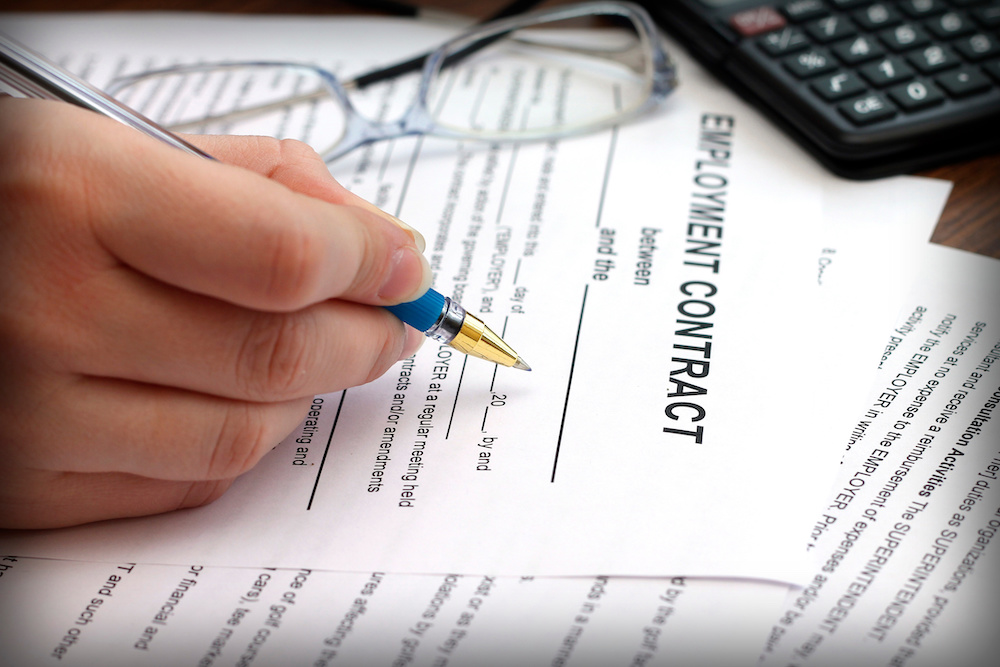There is nothing more emotionally devastating or heartbreaking than losing a loved one in a fatal accident. It is even more difficult to deal with when you learn that the accident could have been prevented with the requisite safety precautions. A wrongful death claim allows grieving loved ones to hold the at-fault party legally responsible…
Read MoreAn employee handbook is a document that outlines a business’s policies, procedures, expectations of its employees, and rules. The handbook also lets employees know what they can expect from their employer and the management staff members who represent the company. Employee handbooks are usually given to newly hired employees along with a document to sign…
Read MoreIn North Carolina, it’s important for a company to have employment contracts signed for certain employees, but in many cases, employers aren’t sure what should be included in that agreement. Typically, a company’s key workers have employment contracts to expand upon the employer’s ultimate goals for their employees while simultaneously acknowledging the employees’ specific skill…
Read MoreReal estate closing is the final step in the home buying and selling process. Once a buyer and seller have agreed on a price, the lender, real estate agent, and title company will work together to set up a closing date. On that date, the ownership of the property will officially be transferred from the…
Read MoreWhen you lose a loved one, there is no way of bringing the person back to life. However, if it was a wrongful death, getting compensation can alleviate the financial consequences the death may cause, and help support surviving family members or loved ones. In North Carolina, the law provides for compensation to ensure survivors…
Read MoreHomeowners have special rights that protect their property. And they have all the rights to protect their property from intrusion and illegal seizure by third parties. Also, people with valid land ownership rights can do as they wish with their property, whether to build, lease or utilize it in any lawful way. However, there are…
Read MoreThe government, by using the power of eminent domain, has the right to acquire your property if it deems it necessary for public use. The caveat to this is that the government is mandated by the law to pay you an amount that is deemed to be fair market value to acquire your property. In…
Read MoreOwning property in North Carolina can subject you to terms such as easements and eminent domain. When someone contacts you about either real estate topic, it is best to protect your best interests and contact a North Carolina eminent domain lawyer. Signing any documents without legal representation can cause you stress and potentially harm the…
Read MoreFederal and State Governments can lawfully take your private property (or a piece of it) for public use under the power of eminent domain. Whether it’s your home, business, or even undeveloped land, they can take it. You might be wondering whether you’ll get paid for your eminent domain case. If the government or any other…
Read MoreHere’s a fact that few people know about: the government can legally take your private property (or portions of it) for public use under the power of eminent domain. This applies irrespective of whether your property is undeveloped or has buildings on it. Think of the following scenario; there have been plans of constructing a…
Read More







